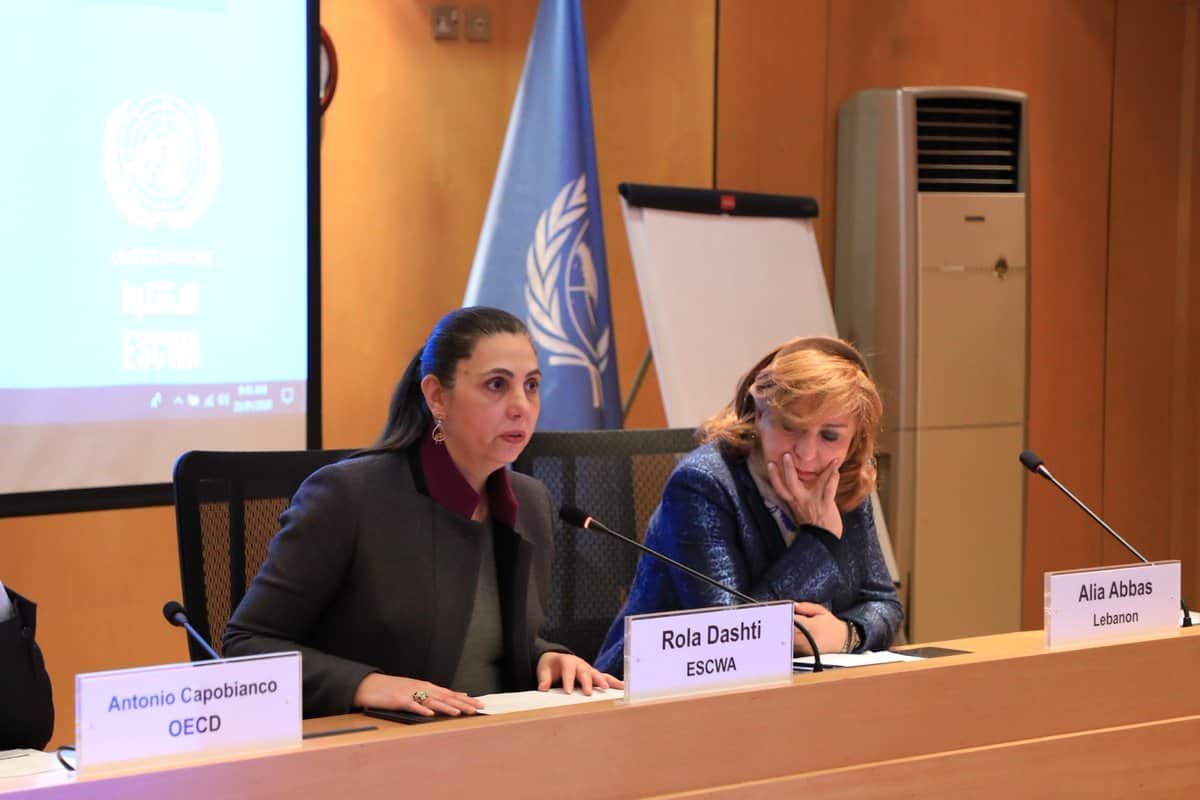The latest report from the ESCWA warns at least 1.7 million people may lose their jobs across the MENA region as a result of the novel coronavirus (COVID19) pandemic.
It advises that, alongside the rising death tolls and drain on public health, Arab states must prepare to implement economic policies to deal with the unprecedented economic fallout from the COVID19 pandemic.
The Middle East and North Africa has recorded over 21 000 confirmed cases of the virus, as of March 19.
View this post on Instagram
Nearly 21,000 cases of the coronavirus have been confirmed throughout the Middle East and North Africa—but as conflicts in the region limit countries’ ability to accurately monitor the situation, this estimate may be far from reality. #coronavirus #coronavirusupdate #middleeast #northafrica #covid
The report estimates that in 2020, GDP will decline by $42 billion and 1.7 million jobs could be lost causing a 1.2 percentage point increase in the regional unemployment rate.
Nation-wide lockdowns of everything but essential services, means, unlike the 2008 global financial crisis, every sector is badly affected. The service industry, which is the region’s top employer is very hit-hard and its activities are expected to be cut by half.
The UN estimates the drop in global oil prices has stripped $11 billion from regional oil net revenues from January to Mid-March 2020.
During the same time period, businesses in the Arab world lost a staggering $420 billion of market capital, equivalent to around 8% of the region’s total market capital.
While the death toll and case count continues to rise, ESCWA Executive Secretary Rola Dashti said, “we can start to assess our economic losses and find ways to mitigate them.”
He emphasized, “policy solutions and swift actions are needed to trigger recovery, based on a comprehensive and integrative approach that leaves no one behind.”
On the policy front, ESCWA recommends governments implement macro and microeconomic initiatives to address the downturn, with particular focus on the vulnerable and poor who are most at risk.
As for business, the UN suggests fiscal policy measures such as “tax extension and exemptions, wage subsidies, deferment of debt obligations, and support to small and medium enterprises.”
They are also encouraging multilateral financial organizations to support the region’s least developed countries who are extremely vulnerable during this time.

